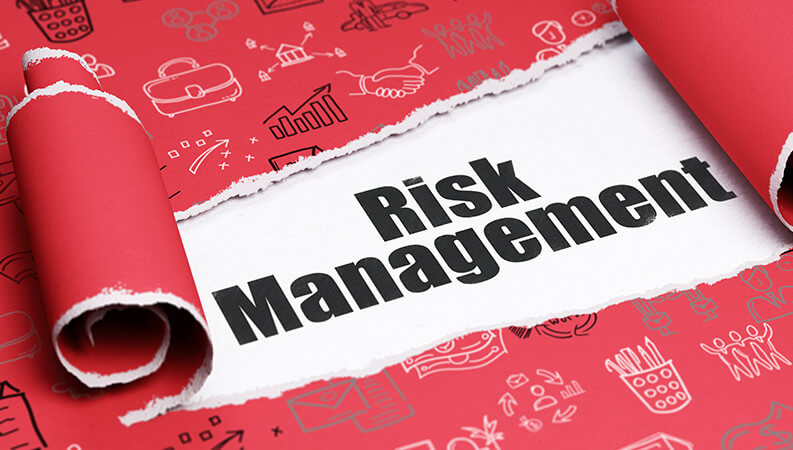Your business’s money is its most important asset. Without funds, you can’t pay workers or fund manufacturing. Most successful businesses invest in accounting support, whether through software, personnel, or a combination of both. Even the best processes can fall victim to errors, however, putting a business’s cash flow at risk.
But there are a few things businesses can do to reduce those risks. When your accounting processes are trusted to one or two employees, even if that employee is you, it can be easy for mistakes to happen. By taking measures to double-check your business’s books, you’ll be able to prevent errors and reduce the risk of fraud.
The Right Team
As early as possible in your business’s formation, put together a list of policies and procedures regarding your business’s accounting processes. This should be in writing and should be read and upheld by everyone who handles your business’s books. If you’re a one-person operation, you’ll have time to develop and refine those procedures as your business grows so that when you do bring in additional employees, you’ll be able to easily communicate how things should be done.
As your business grows, try to designate a small group of people who can be trusted to serve as your accounting advisors. This risk team will conduct quality assurance on your accounting processes, reviewing your books and determining areas for improvement. This team will likely catch instances of employee fraud or theft early on or, at the very least, serve as a deterrent for workers who know their work will be audited periodically.
Cost Savings
In addition to identifying errors and instances of fraud, a risk team can also easily spot areas where your business can save money. You may be paying more than you should for one of your loans, for instance, or perhaps you could save money by switching to a less expensive payment processing service. Your risk team could also identify errors that could lead to an IRS audit, costing your business money in penalties.
Your risk team shouldn’t be limited to reviewing your business’s books. In fact, some of your biggest risk mitigation can be done in planning meetings. Your team should be able to get together and brainstorm ways your business can save money, as well as discuss any ongoing problems plaguing your accounting processes.
Controls in Accounting
Whether you have a team of two or four thousand, it’s important to build internal controls into your accounting processes. One of the biggest internal controls you can put in place relates to splitting duties between team members. No one employee should be responsible for one part of your operations, especially if that worker’s duties could invite fraud. Even if you’re sure your team is trustworthy, your risk goes up when controls aren’t put in place.
Your internal risk team can also identify ways to physically secure merchandise and cash. Even a business’s computer equipment and mobile devices can be subject to theft if controls aren’t put in place. A risk team can also help monitor your IT procedures to ensure that employees are returning equipment they’ve been issued when their employment ends. They can also make sure each piece of equipment is routinely inventoried to avoid theft or loss.
Businesses will always be at risk of theft and loss, but that risk can be reduced by putting controls in place to oversee accounting processes. By choosing a team of trusted internal advisors, a business owner can catch theft and errors as early as possible, keeping losses low. Even with trustworthy employees, business owners will likely find that if one person has too much control, risk levels increase. A team can reduce those risks.

Ready to elevate your B2B payments?
Whether you are automating for the first time, ready to refresh your existing technology, or looking for ways to complete the ‘last mile’ of automation, Edenred Pay can help. Let’s chat about your needs.







